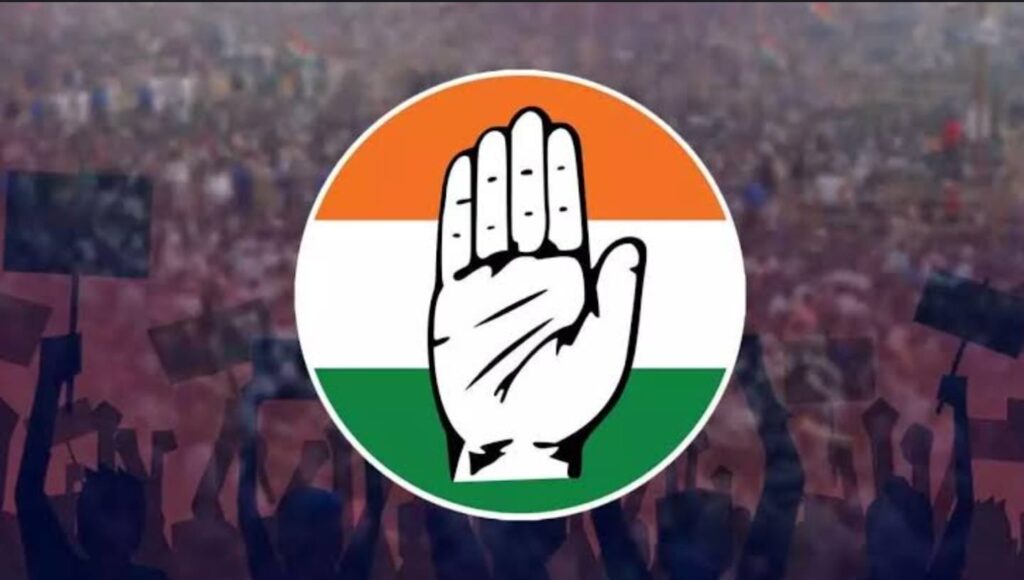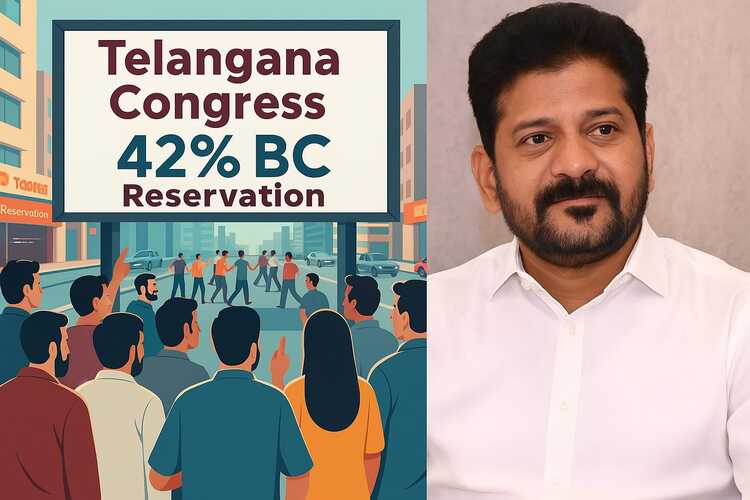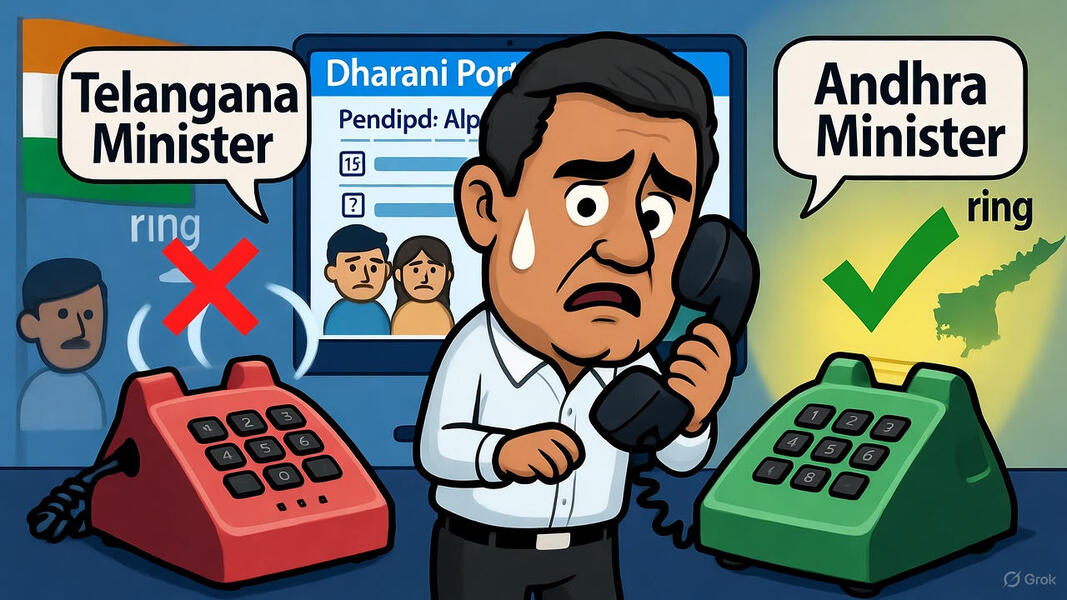Article Today, Hyderabad: The Telangana government’s bid to provide 42 per cent reservations to Backward Classes (BCs) in local body elections is facing a serious roadblock. The bills, passed in the Assembly to increase BC reservation based on caste census data, are pending with the President. Despite protests in Delhi by state ministers, MLAs, and INDIA bloc MPs, the Centre has shown no movement. This has forced the ruling Congress to explore political alternatives outside the constitutional framework.
Party-Level Allocation in Focus
Chief Minister A. Revanth Reddy has indicated that, even if legal approval is delayed, the Congress will allocate 42 per cent of its local body election tickets to BC candidates at the party level. The plan is to implement this on a constituency basis, making MLAs and party in-charges responsible for ensuring the quota is met. This approach, party leaders believe, can fulfil the election promise and strengthen BC support for Congress.

Presidential Assent Remains Pending: After passing the reservation bills in the Assembly, the government sent them to the Governor, who forwarded them to the President for assent. However, the proposals have been kept pending without approval. The delay has forced the state leadership to rethink its strategy. Following the Delhi protest, the Chief Minister held a closed-door meeting with senior ministers and leaders to discuss alternatives. He reiterated his commitment to delivering 42 per cent BC reservation despite legal constraints.
Balancing Legal and Political Strategies
Under the current law, BCs receive 27 per cent reservation in local body polls. The Congress is considering retaining this legal quota while adding the remaining seats through internal party allocation to reach the promised 42 per cent. Although some leaders suggested urging all parties to follow the same model, Revanth reportedly felt it would be unrealistic to expect other parties to implement a non-statutory quota.
Key Meetings Ahead
The Congress leadership plans to hold a series of meetings from the mandal to the state level to finalise the strategy. In these meetings, MLAs are expected to be given direct responsibility for implementing BC reservations in their constituencies. The party hopes that visible commitment to the 42 per cent quota will energise its BC support base ahead of the elections. However, the response from party leaders to this approach remains a matter of internal discussion.



